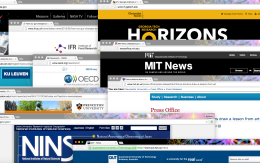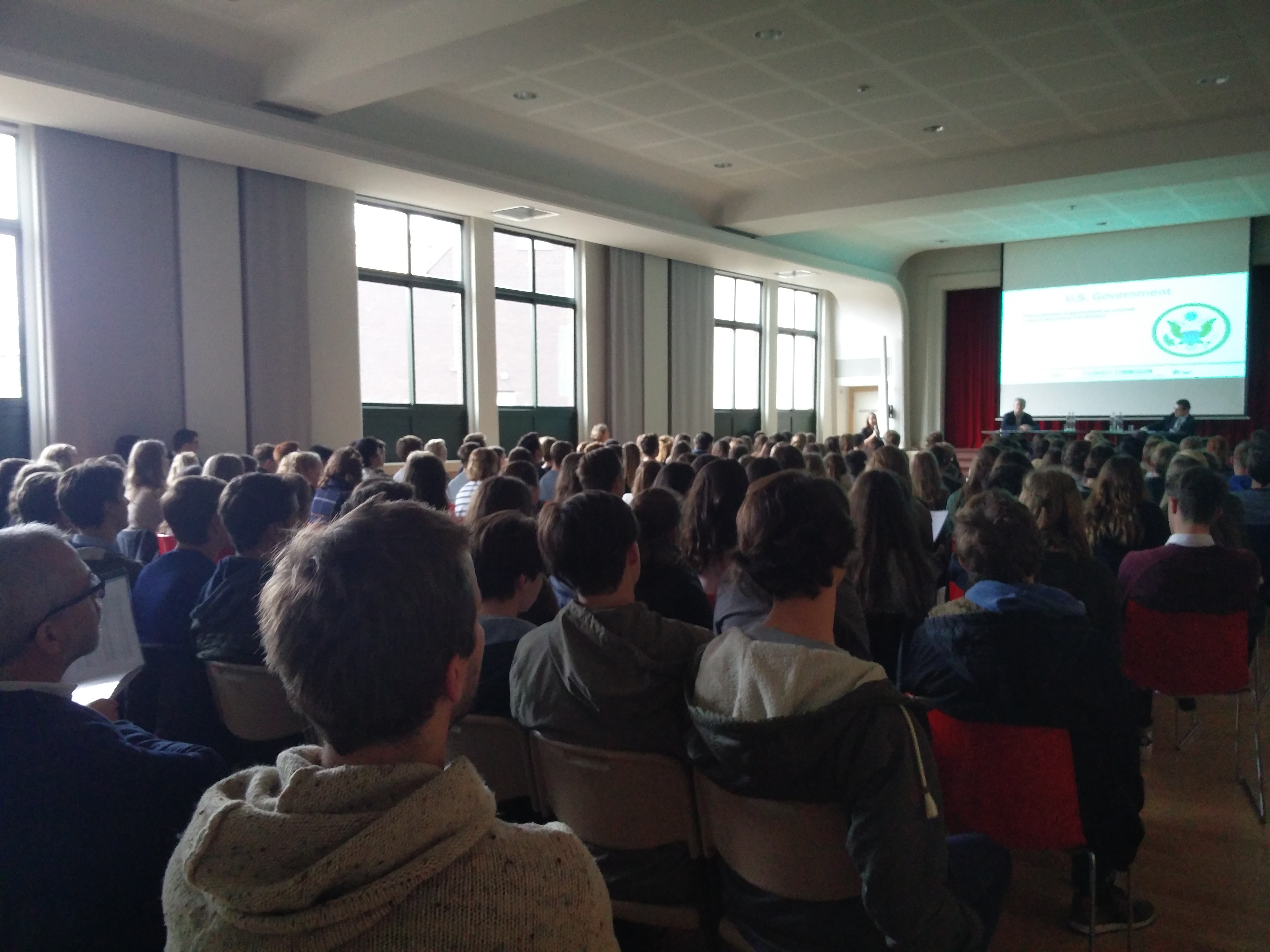
7R
From mid 2011 till beginning 2016, we added 7R to the title of the Institute, as a forefront, as researchers have tied the 7R gene (it is actually a variant) to curiosity and restlessness, values we embrace at The Future Leadership Institute. Studies have found that 7R makes people more likely to take risks, explore new places, ideas, foods, relationships, drugs, or sexual opportunities; and generally embrace movement, change, and adventure. It has been called the freedom gene, the entrepreneurial gene or the migration gene. The 7R-gene is carried by roughly 20 percent of all humans. (7R is currently a registered trademark)
As of the beginning of 2016, after 5 years, the forefront 7R was removed although the Institute still incorporates the values as described above.
*****
Why 7R is important to the public of “The 7R Future Leadership Institute” is explained by National Geographic in their article: “Restless Genes”, published January 2013.
Restless Genes by The National Geographic
The compulsion to see what lies beyond that far ridge or that ocean—or this planet—is a defining part of human identity and success.
By David Dobbs
In the winter of 1769, the British explorer Captain James Cook, early into his first voyage across the Pacific, received from a Polynesian priest named Tupaia an astonishing gift—a map, the first that any European had ever encountered showing all the major islands of the South Pacific. Some accounts say Tupaia sketched the map on paper; others that he described it in words. What’s certain is that this map instantly gave Cook a far more complete picture of the South Pacific than any other European possessed. It showed every major island group in an area some 3,000 miles across, from the Marquesas west to Fiji. It matched what Cook had already seen, and showed much he hadn’t.
Cook had granted Tupaia a berth on the Endeavour in Tahiti. Soon after that, the Polynesian wowed the crew by navigating to an island unknown to Cook, some 300 miles south, without ever consulting compass, chart, clock, or sextant. In the weeks that followed, as he helped guide the Endeavour from one archipelago to another, Tupaia amazed the sailors by pointing on request, at any time, day or night, cloudy or clear, precisely toward Tahiti.
Cook, uniquely among European explorers, understood what Tupaia’s feats meant. The islanders scattered across the South Pacific were one people, who long ago, probably before Britain was Britain, had explored, settled, and mapped this vast ocean without any of the navigational tools that Cook found essential—and had carried the map solely in their heads ever since.
………….. > to read the whole article by The National Geographic, click here.
To subscribe to National Geographic, click here.


















